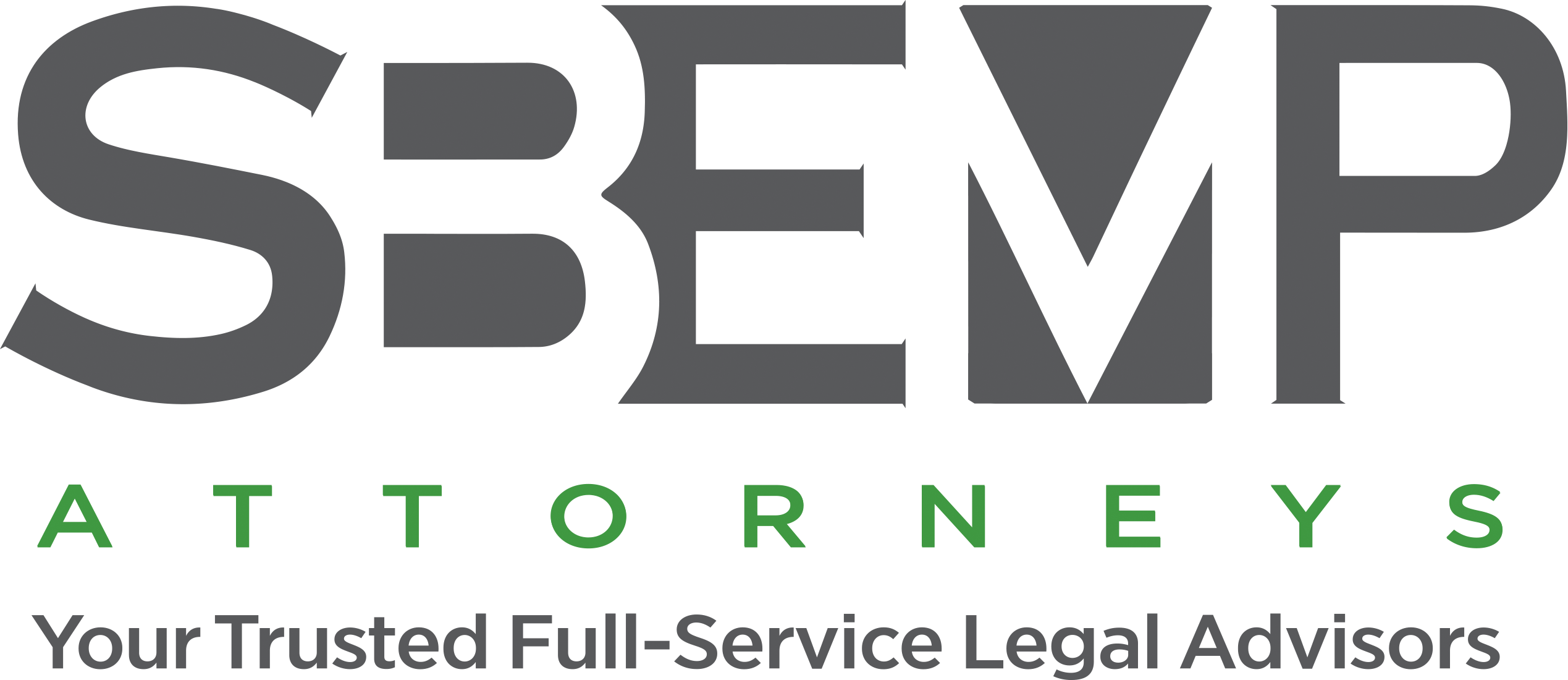When it comes to nonprofit corporations, trust is key. And, as a member of the board of directors, it is your responsibility to assure the public that their hard-earned money is being handled by a responsible company.
Keeping the Company on Track
As a member of the board, you’ll oversee operations to keep the company on track with its mission.
This can include:
- Reviewing the corporation’s mission and determining whether or not it needs to be changed
- Regularly reassess the company’s operations and efficiency at achieving its mission.
- Regularly request documents from management, concerning how to rectify problems.
Documenting all of your efforts to refine effectiveness and bolster the company’s mission can be recorded in the meeting’s minutes and from there build public support.
Being Transparent
Now, let’s turn to the finances of your company. As a member of the board, you’ll be concerned with making sure there is clarity and reliability in all the financial documents the company releases. Here, rules must be established guiding:
- Who does the auditing
- How to rotate those auditors
- How to make accounting adjustments
- And, ensuring non-interference from executes during these audits
Benefactors want to be sure that the information the company is giving them is truthful. So, you’ll, also, be responsible for making financial reports accurate, clear, and on time.
And, with the executive officers or with other committees you’ll approve loans, extend credit and determine the proper salaries for the members of the board and the executives of the company.
Maintaining “Good Will”
A loss of reputation can dramatically affect how much is donated. This creates cash flow uncertainty that can adversely affect all the members of the company. And, this invariably hurts profits.
Also, when there is corruption in your company’s sector, it reflects poorly upon everyone and can draw unwanted attention from regulators. Unfortunately, regulators can overcorrect to right past wrongs.
Your corporation’s benefactor and the public at large believe a board of directors has strict control over the company’s management, finances, and risk management. You’ll be expected to fight fraud and uphold what is right, even if it’s inconvenient.
So, as a member of the Board, you need to impress upon the executive officers the importance of a “Code of Ethics.” because everyone expects you and the rest of the board to hold a high standard.
To learn more about how a board of directors is formed and what it can do, consult our experienced Palm Springs corporate law firm.
Experienced Corporate Law Attorneys of SBEMP
|
|
|
|
|
DISCLAIMER: This blog post does not constitute legal advice, and no attorney-client relationship is formed by reading it. This blog post may be considered ATTORNEY ADVERTISING in some states. Prior results do not guarantee a similar outcome. Additional facts or future developments may affect subjects contained within this blog post. Before acting or relying upon any information within this newsletter, seek the advice of an attorney.






